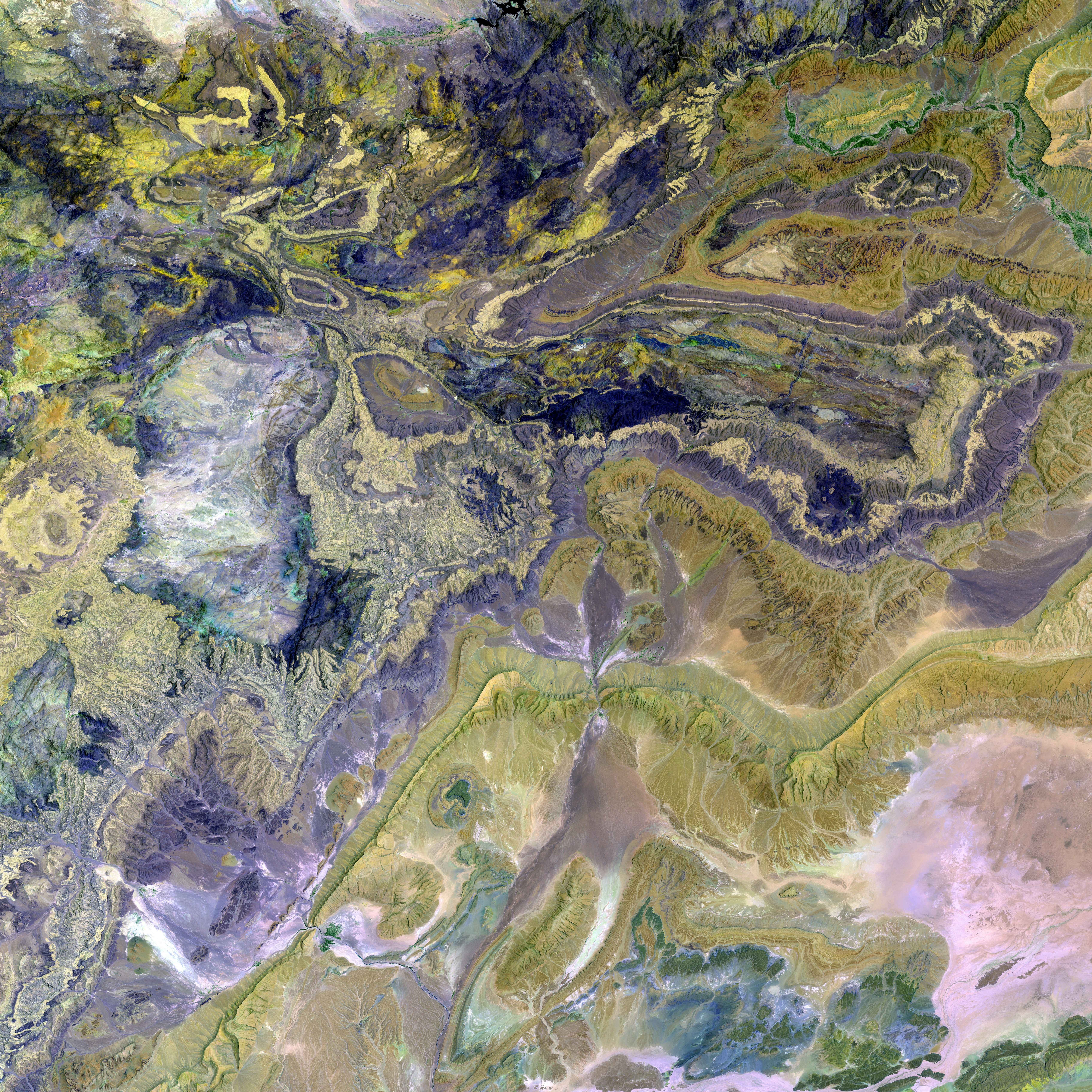Economic and financial instability loom, as water scarcity hampers growth prospects.
The European Central Bank (ECB) has warned of the potential risks posed by water scarcity to the European economy, particularly in regards to financial stability, inflation, and economic growth.
According to a recent contribution to the ECB's blog, surface water scarcity alone could threaten nearly 15% of the euro area's economic output, potentially leading to financial instability as sectors heavily dependent on water struggle to maintain production. The agricultural sector, in particular, stands to face substantial output losses as a result of reduced water availability, which could disrupt supply chains and impact credit markets if agricultural businesses encounter financial hardship.
In terms of inflation, water scarcity could lead to increased costs for industries that rely heavily on water, such as agriculture and manufacturing. This would result in higher prices for goods and services, contributing to inflation. Furthermore, reduced agricultural output due to water scarcity could lead to higher food prices, impacting consumer inflation.
Water scarcity is also expected to hinder economic growth in sectors like agriculture, industry, and energy, which are heavily reliant on water resources. Reduced output in these sectors could slow overall economic growth. However, the need to address water scarcity may lead to increased investments in water management technologies and infrastructure, potentially stimulating economic growth in related sectors.
The ECB underscores the critical role of water in the European economy and emphasizes the need for effective management and mitigation strategies to protect economic stability and growth. Water scarcity is identified as a significant natural risk that affects the entire economy, necessitating proactive measures to address these challenges.
[1] The ECB's blog post: https://www.ecb.europa.eu/pub/conv/blog/html/ecb.blog202104_01.en.html[2] European Commission report on water scarcity: https://ec.europa.eu/info/sites/info/files/water-scarcity-southern-europe_en.pdf[3] European Investment Bank on water investments: https://www.eib.org/en/about/activities/sectors/water/index.htm
- The agricultural industry, heavily affected by water scarcity, might encounter financial hardship due to reduced water availability and subsequent output losses, which could further impact credit markets and affect the European economy's growth.
- Environmental science has highlighted climate-change-induced water scarcity as a serious threat to various sectors, including industry, energy, and agriculture, potentially leading to increased costs for water-dependent industries and slowdown in economic growth.
- In line with the European Central Bank's focus on mitigating risks from natural disasters like water scarcity, the finance sector could see increased investments in environmental-science-driven water management technologies and infrastructure to ensure long-term sustainable economic growth.




